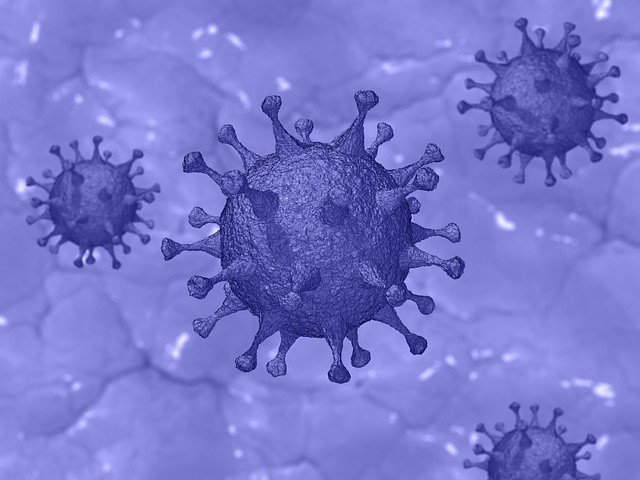
The Delta Strain remains one of the COVID-19 variants that is the most virulent strain for now. But, there is a concern that another mutant might arise evolved adaptions of concern.
Viruses evolve, and that is their primary function. However, not all mutations stay for long. But getting a slam-bang strain ticking all the right checks to infect a cell will happen, though it's a rare occurrence. During the pandemic wherein, researchers tried to find out everything about SARS-CoV-2.
Dominant Delta type virus
A study done by researchers at Harvard T.H. Chan School of Public Health said that a viral type is descended from this particular strain, and remarked if the right combinations are present to help make those vaccinated easily infected, notes Sci Tech Daily.
Devising a mathematical model made by the scientists indicated a probable rise of any mutant with outstanding features that will allow faster infection.
Their findings published online in the journal, Cell, on November 19, 2021, could aid scientists and public health officials in interpreting the relevance of novel and prevailing variants and formulating tailored public health reactions for different scenarios based on variable characteristics.
According to Mary Bushman, co-author of the study, she added proof of immune escape and the ability of pathogens to avoid anti-bodies to infect host cells to reinfect and cause newer infections, which is a red flag.
Based on the Delta strain research, it is a warning sign that is not such a significant concern by itself. Nevertheless, it can be a considerable concern when coupled with increased disease transmission should interesting COVID-19 variants be concerned.
Versions of the initial wild-type SARS-CoV-2 pathogen have emerged as the COVID outbreak has progressed. Like the Alpha and Delta variants, others have quickly become dominant strains, raising the number of infections. In contrast, others, like Beta, have failed to take root or significantly impact the pandemic's course, cites Stat News.
Bushman created a model to simulate whether outbreaks fueled by hypothetical mutations could impact communities utilizing different versions of masking, physical distancing, and vaccinations and better examine certain factors' consequences on a pandemic.
The research simulated the pandemic with a wide range of purely theoretical variants, such as enhanced disease transmission, comparable to the Alpha version; incomplete immune escape, equivalent to the Beta subtype; augmented transmissibility with incomplete immune escape, comparable to the Delta variant; and a variation with neither trait, according to News-Medical.
Immunizations are beneficial
Investigate the different variables like masks, social distancing, and vaccinations that might affect an outbreak's outcome. Each of the situations was checked how many infections would result.
The scientists have since concluded that better infectiousness would be more lethal than partial evade. But bundle up the two, and it will be spread much faster and more infections.
According to the model, immunization also appears to be highly beneficial in the case of Delta-like variations since immunizations will prevent a greater number of instances that a more transmissible virus could generate.There is always the possibility the Delta strain will evolve COVID-19 variants that have advanced abilities that might bypass defenses.
Related Article: New Research Reveals Mechanisms That Make Coronavirus Variants, Mutations Highly Transmissible
© 2025 HNGN, All rights reserved. Do not reproduce without permission.








